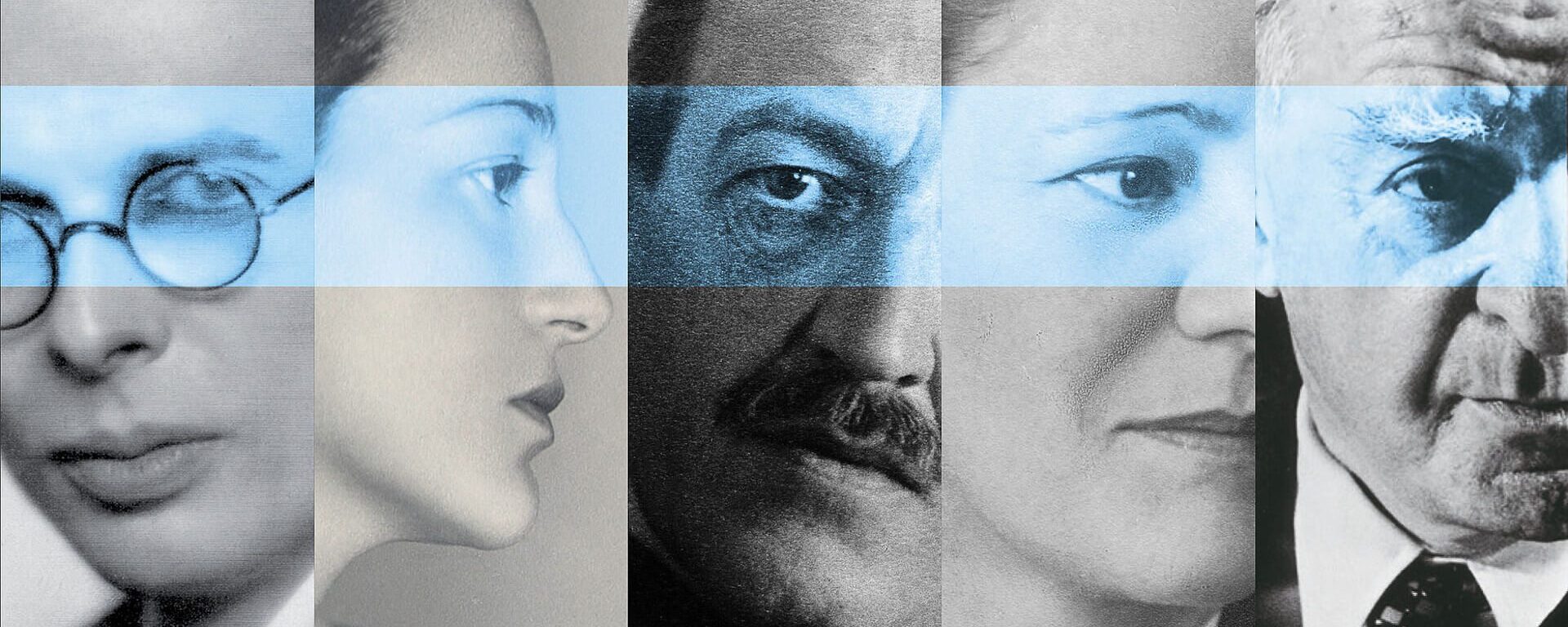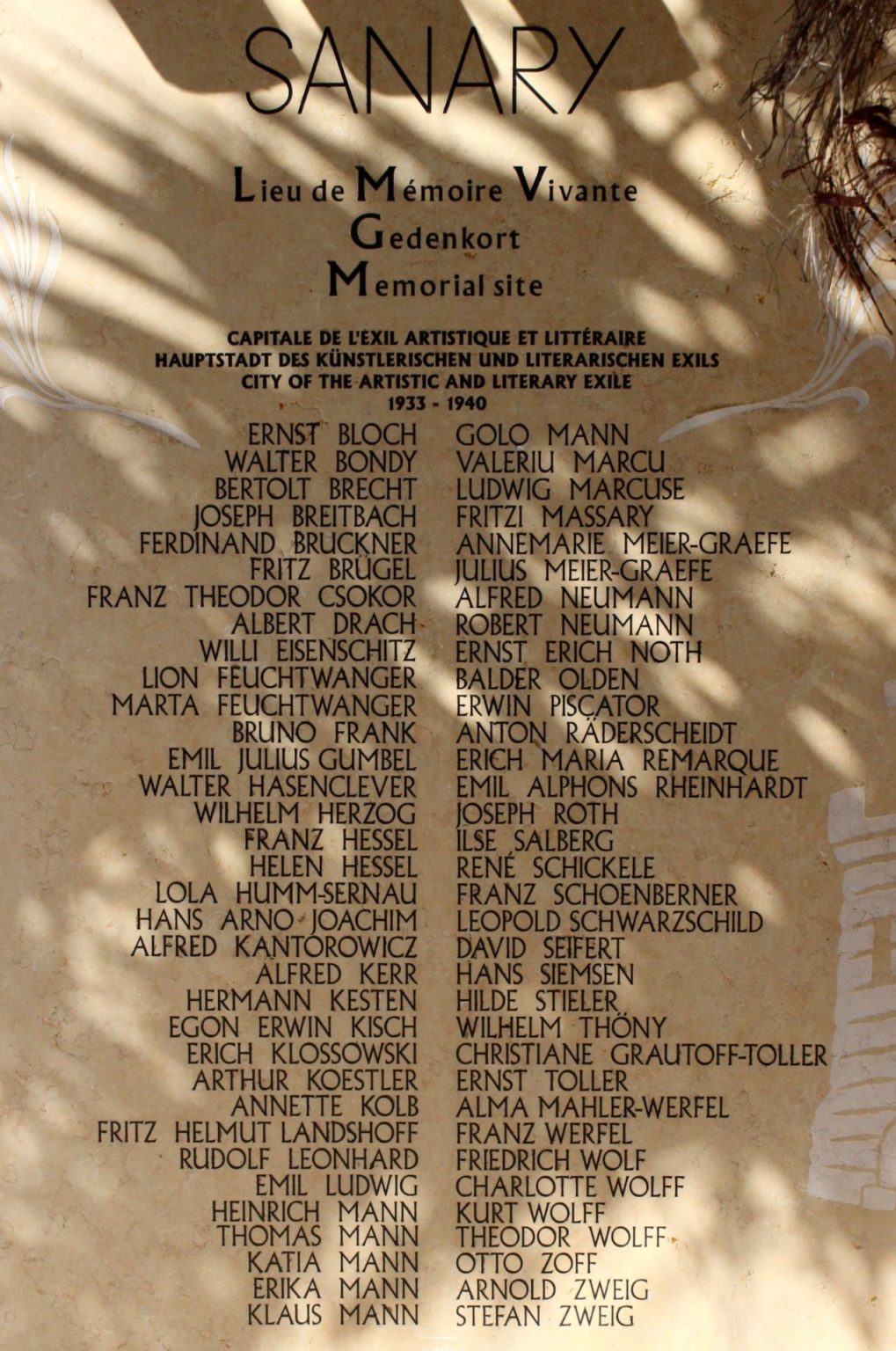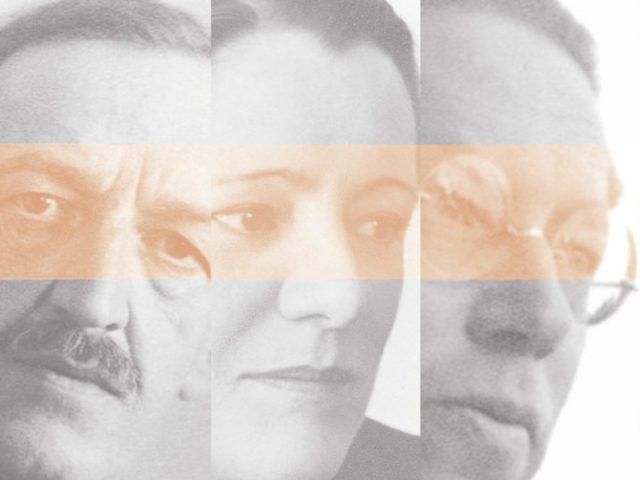After Hitler came to power in 1933, there were book burnings all over Germany. Many intellectuals and artists left Germany and Austria to seek refuge in France, which they considered a safe country. Some of them, after venturing across the Pyrenees on foot, found salvation on the other side of the Atlantic.
The works of the ‘burnt authors’ were criticised for their anti-German spirit, i.e. decadence, immorality, sordid opinions, political treachery, falsification of German history and the debasement of its great figures, as well as the literary betrayal of the soldiers of the First World War. The discriminated works were withdrawn from bookshops and libraries.
This led to the exodus of almost the entire German literary elite…
Sanary sur Mer, a small fishing village on the Côte d’Azur at the time, became a meeting point for famous writers and artists between 1933 and 1940: Thomas Mann, Lion Feuchtwanger, Moïse Kisling and many others.
They stayed there for more or less a long time.
It was not without a touch of humour that the journalist Ludwig Marcuse, who lived in Sanary, took the liberty of awarding the commune the honorary title of
world capital of artistic and literary exile
A place for living memory
During these dark years, the stay in Sanary was felt by exiled artists as a moment of respite and creativity. In September 1987, a plaque honors the memory of those who stayed and worked in Sanary or elsewhere on the Côte d’Azur.
In January 2011, a new plaque adding other personalities, in line with the research work carried out by historians, was unveiled, bearing witness to the fact that this memory is still alive.
Following in the footsteps of exiles
A walking trail marked out by music stands invites you to explore the living quarters of these authors and artists, who found Sanary a haven of peace conducive to creative activity.



